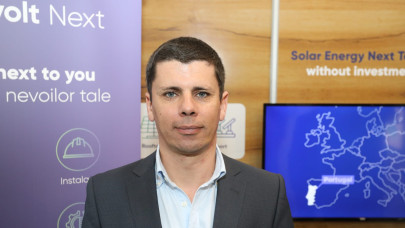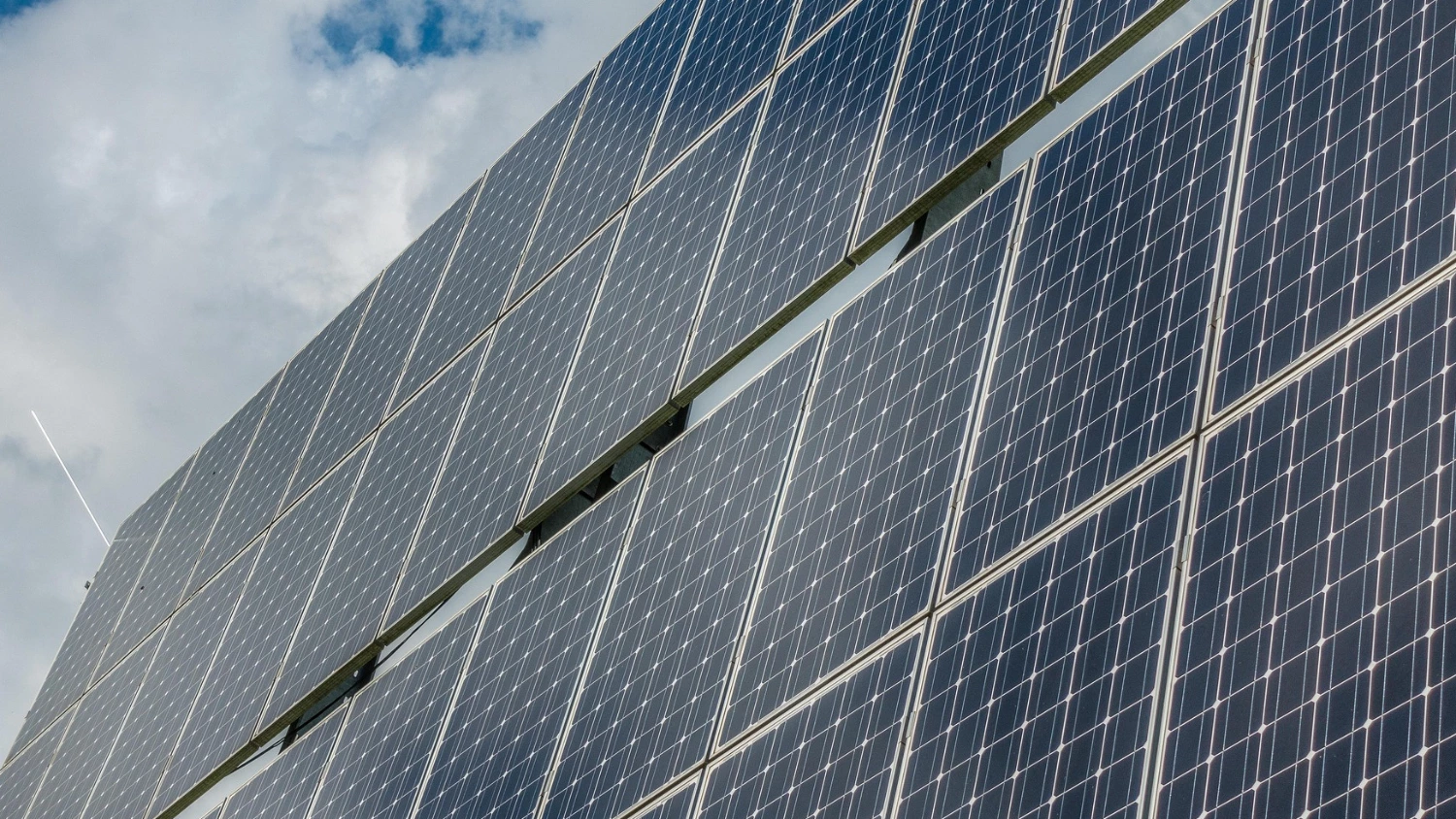The startup has developed a solution for building objects in space, which reduces launch weight by up to 70% and launch volume by 10 times. The patented technology combines liquid materials with an extrusion printing method.
Orbital Matter has already proven its technology works, achieving a NASA Technical Readiness Level (TRL) of 5 after its first space launch. With the EGV investment, the startup aims to reach TRL 8, "flight qualified," on its next launch with its first product.
According to the NASA Glenn Research Center, today's state-of-the-art technology allows a payload to be delivered into space with a weight of only 1% of the rocket's total mass, making the delivery extremely inefficient. Additionally, complex structures have significant volume limitations and require high resistance to take-off acceleration. Due to the micro-gravity environment in space, the minimum resistance needed is much lower, and manufacturing in space has been difficult with traditional technologies.
Florin Vișa, Partner at EGV, said: "Our investment in Orbital Matter is more than just a bet on a single company—it's a bet on the future of in-orbit construction and space infrastructure. Orbital Matter is uniquely positioned to bring the power of advanced assembly and materials science to an industry that is rapidly expanding and demands innovative solutions for building beyond Earth.”
The startup is part of all major plans by the European Space Agency (ESA) and benefits from contracts from European space agencies.










